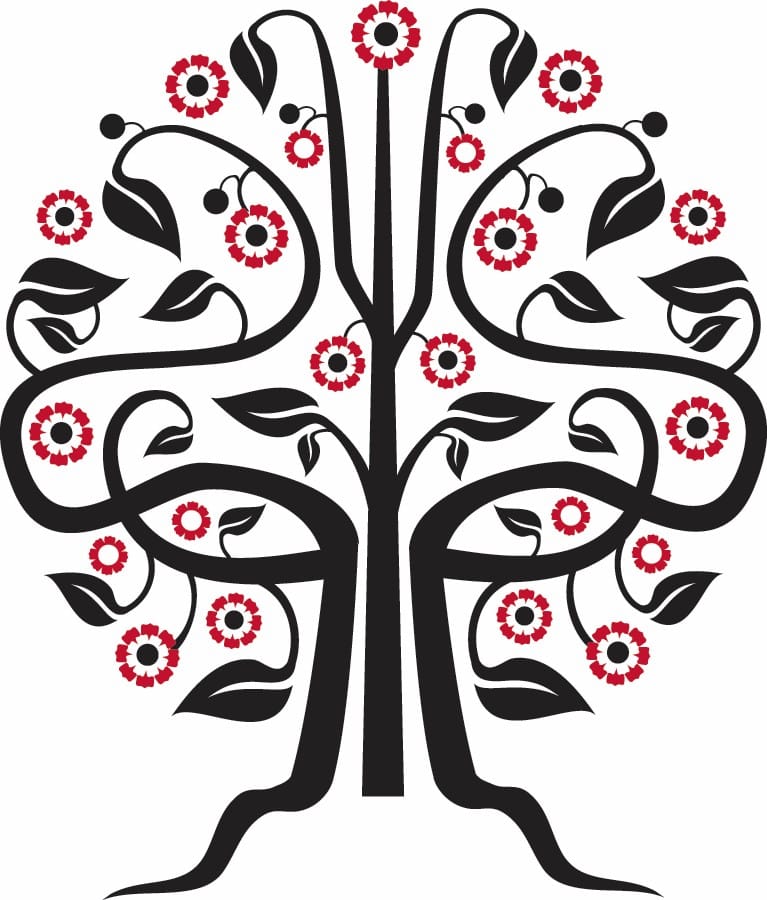Today’s author is Prince of Peace member, Ruth Hagander.

This is a hymn originally from Hungary with the text written in the 1600s by a pastor, Pecseli Kiroly Imre. Though the original text is centuries old, the English translation was done by Eric Routley in 1950. During the decades, there have been various melodies, but the version in the ELW was composed by K. Lee Scott in 1995. The tune is titled “Shades Mountain “named after the foothills of the Appalachian mountains near his home. The melody and harmony are easily singable. Scott said he didn’t want anything musically complicated to get in the way of such a rich text. Since his composition, the hymn has been published in 14 hymnals. It was included for the first time in a Lutheran hymnal in our current ELW.
I am a lifelong Lutheran, but I don’t recall ever singing this hymn (maybe that was the Sunday I skipped church). The hymn was written originally for Good Friday. I can imagine gardeners resonating with the symbols – trees, leaves, branches, tendrils, foliage, thorns. I can also imagine a painting being inspired by the beauty of this hymn.
It is inspiring to sing this hymn, but it is also a pleasure to read the text like a Bible story, without the music. The text takes the singer all the way from Genesis and the Garden of Eden to Revelations with thanksgiving for healing, strength, and pardon through Christ. According to Hymnary.org the topic of the hymn “deals with comfort, rest, confession, forgiveness, grief, sorrow, Lent, atonement, Good Friday, judgment”. I would add assurance, peace, and thankfulness. “There in God’s Garden ” with its profound text and lovely melody deserves its spot in our ELW hymnal. It has been designated as “hymn of the week”. Let us sing with joy and thanksgiving.
There in God’s Garden stands the Tree of Wisdom
whose leaves hold forth the healing of the nations
Tree of all knowledge, Tree of all compassion
Tree of all beauty.Its name is Jesus, name that says “Our Savior”
There on its branches see the scars of suffering
See there the tendrils of our human selfhood
on its life blood.Thorns not its own are tangled in its foliage
Our greed has starved it, our despite has choked it
Yet,look! It lives! Its grief has not destroyed it
nor fire consumed it.See how its branches reach to us in welcome
There in God’s Garden; ELW 342
Hear what the Voice says, “Come to me, ye weary”
Give me your sickness, give me all your sorrow
I will give blessing.